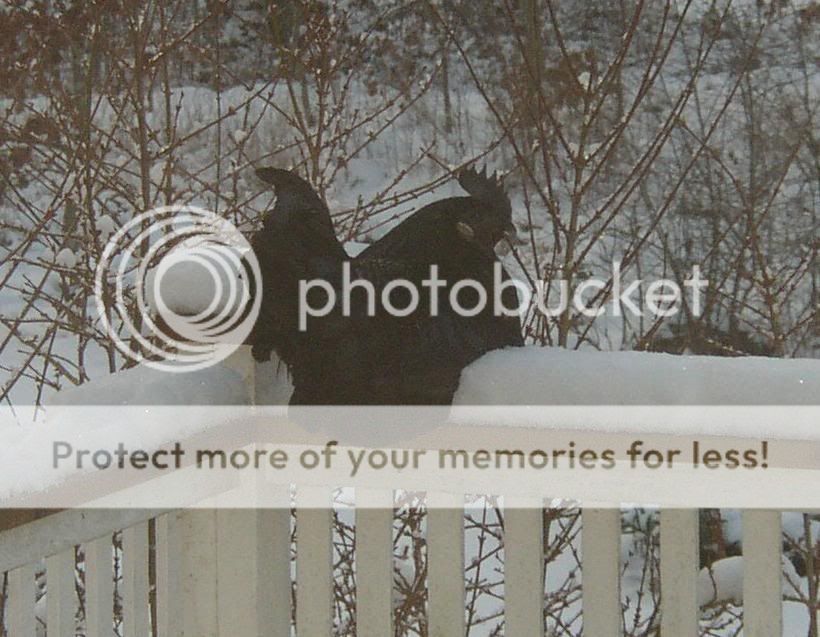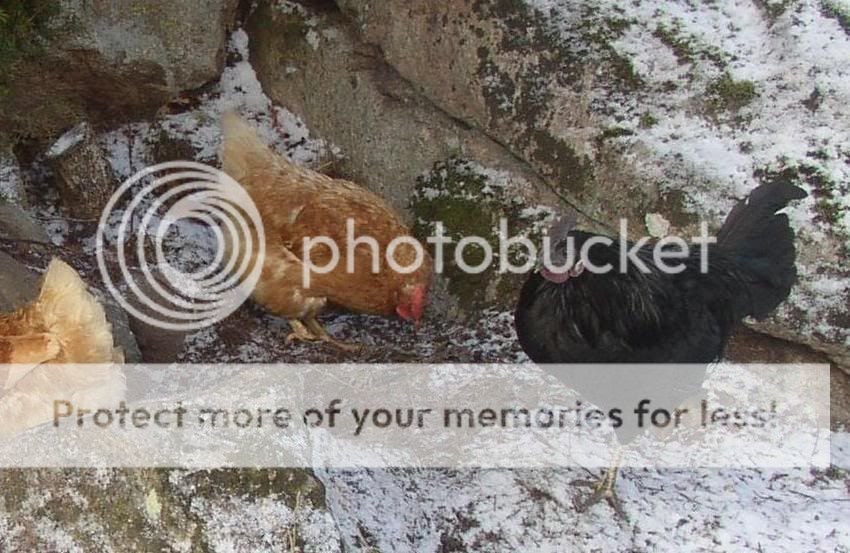Does anyone have or know of anyone who has swedish black hen in the united states?
Or does anyone know the procedure for importing them from another country?
I am interested in starting a small all black chicken project in the u.s. and would like to include the Sweedish Black Hen.
Any help or advice would be apreciated. Thanks!
Or does anyone know the procedure for importing them from another country?
I am interested in starting a small all black chicken project in the u.s. and would like to include the Sweedish Black Hen.
Any help or advice would be apreciated. Thanks!





